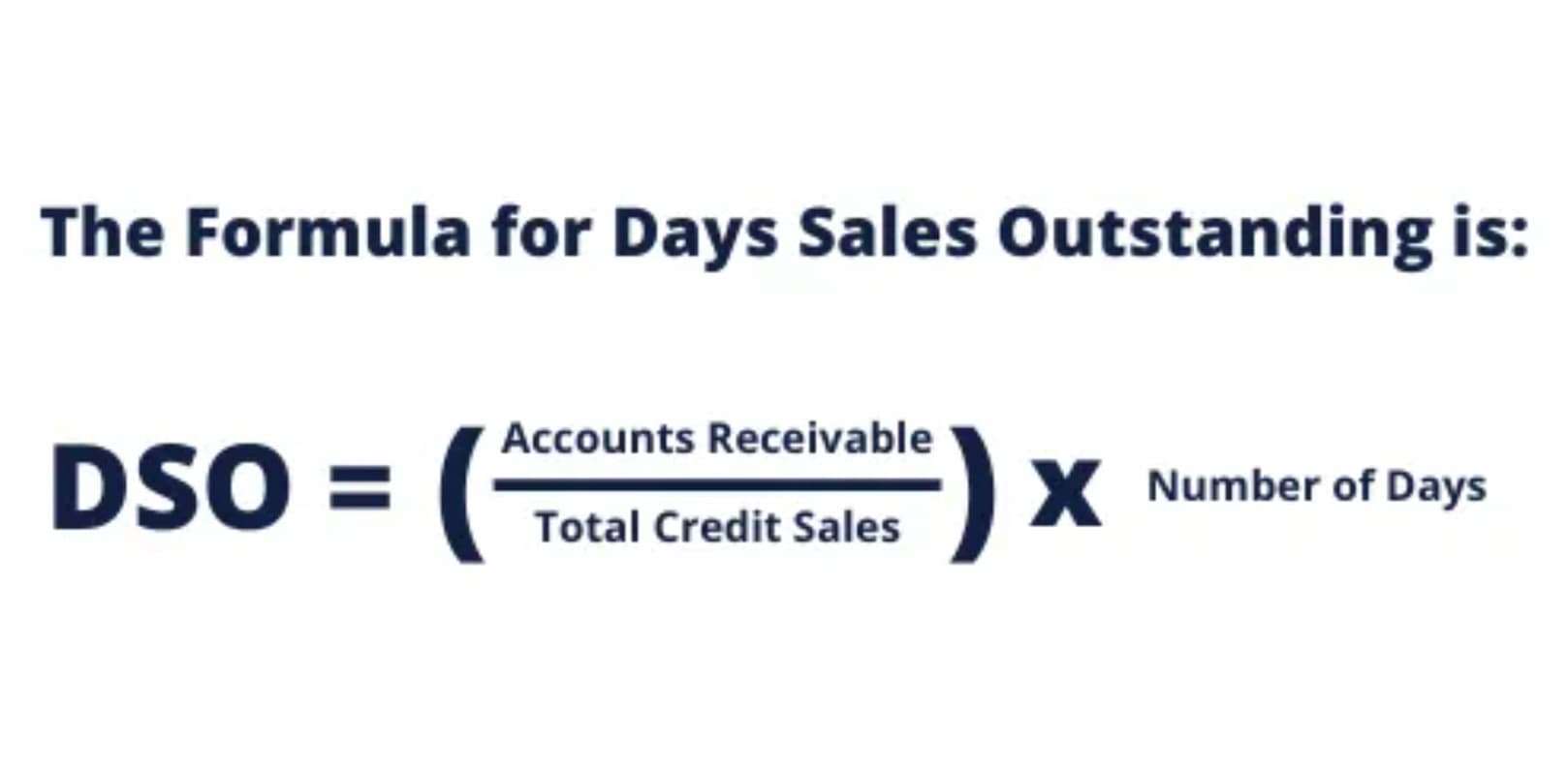
The government also uses this figure to determine federal and state income tax brackets and student loan repayment plans. It’s important to note that an employee’s gross pay must meet the federal minimum wage or your state’s minimum wage, whichever is higher. In the gross pay vs net pay discussion, net pay is the amount of “take-home” money that an employee expects to receive when their job duties are fulfilled. Net pay is the amount of money left over after all taxes, deductions, and optional contributions have been made.
On top of that, company-specific additional payments may also influence what is removed from gross pay. Net pay on the other hand describes the amount of money your employees get paid into their bank account after all the deductions have been made. As an employee, knowing your gross pay is essential as it’s part of your gross income.
Small and enterprise-sized businesses alike can benefit from automated payroll solutions that stay on top of changing tax laws. Additionally, gross wages must meet the federal minimum wage, which is currently $7.25, or a state, county or city’s minimum wage (whichever is higher). In some states, the amount of child support owed is calculated based on a specific version of net pay. In other words, net pay is the amount that an employee finally receives in-hand. Here are the most common questions about the differences between gross and net pay. Clockify is a time tracker and timesheet app that lets you track work hours across projects.
Thus, a $40,000 salary results in gross pay of $3,333 monthly or $769 weekly. If an employee is on salary, divide the total pay by the number of pay periods in the year to calculate the gross pay per pay period. For example, if the employee earns $81,000 in gross pay on an annual basis and is paid monthly, they would divide $81,000 by 12 to find their gross income https://www.bookstime.com/ per pay period. Once you hire an employee, you’re responsible for accurately calculating their paycheck. Whether you employ hourly or salaried workers, you must understand the difference between gross and net pay. Understanding how certain deductions and your tax obligations factor into both gross and net pay can help you run a smooth payroll process.
To calculate it, just multiply the number of hours worked by the pay rate. Understanding the difference between gross and net pay is crucial for employers and employees. For small business owners especially, accurately calculating payroll expenses ensures compliance with tax what is the relationship between gross pay and net pay laws and avoids potential penalties. It also helps employees understand how their take-home pay is affected by various factors. Net pay is the amount of money an employee actually takes home in their paycheck after all deductions have been made from their gross salary.
There is an easy way to better understand your salary and it has to do with the difference between gross and net pay. Keep in mind that health benefits and retirement contributions are considered pre-tax deductions. Post-tax deductions include garnishments, for example, which have to be deducted after taxation. If you’ve ever wondered why your gross pay is higher on your paycheck than the amount that shows up in your banking account, you’re certainly not alone.
Staying informed with the latest IRS regulations is also crucial in ensuring compliance with federal and state laws related to payroll taxes and deductions. You should always stay up-to-date on changes to tax rates, contribution limits, and other key factors that may impact your employees’ paychecks. The amount in which an employee owes per payroll period is available upon gathering available information from an employee’s W-4 filling form, completed upon hiring.

For example, if an employee earns over $200,000 a year, employers must withhold an additional Medicare tax of 0.9% of the excess wage. To figure out your gross pay from your net pay, you have to know how much you paid in taxes, benefits and garnishments from a given paycheck. Your net pay plus the amounts you paid in taxes, benefits and garnishments equal your gross pay.